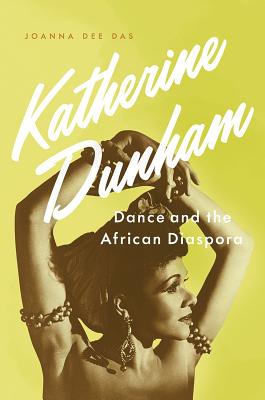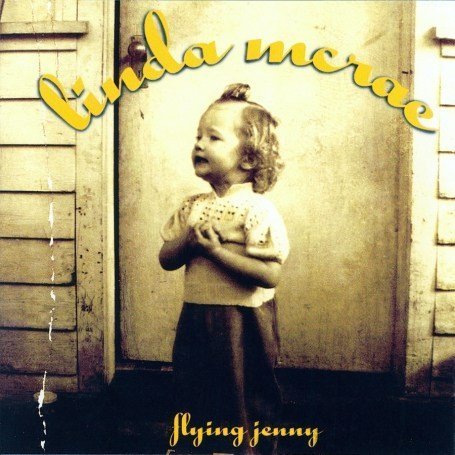
description
7One of the most important dance artists of the twentieth century, dancer and choreographer Katherine Dunham (1909-2006) created works that thrilled audiences the world over. As an African American woman, she broke barriers of race and gender, most notably as the founder of an important dance company that toured the United States, Latin America, Europe, Asia, and Australia for several decades. Through both her company and her schools, she influenced generations of performers for years to come, from Alvin Ailey to Marlon Brando to Eartha Kitt. Dunham was also one of the first choreographers to conduct anthropological research about dance and translate her findings for the theatrical stage. Katherine Dunham: Dance and the African Diaspora makes the argument that Dunham was more than a dancer-she was an intellectual and activist committed to using dance to fight for racial justice. Dunham saw dance as a tool of liberation, as a way for people of African descent to reclaim their history and forge a new future. She put her theories into motion not only through performance, but also through education, scholarship, travel, and choices about her own life. Author Joanna Dee Das examines how Dunham struggled to balance artistic dreams, personal desires, economic needs, and political commitments in the face of racism and sexism. The book analyzes Dunham's multiple spheres of engagement, assessing her dance performances as a form of black feminist protest while also presenting new material about her schools in New York and East St. Louis, her work in Haiti, and her network of interlocutors that included figures as diverse as ballet choreographer George Balanchine and Senegalese president Léopold Sédar Senghor. It traces Dunham's influence over the course of several decades from the New Negro Movement of the 1920s to the Black Power Movement of the late 1960s and beyond. By drawing on a vast, never-utilized trove of archival materials along with oral histories, choreographic analysis, and embodied research, Katherine Dunham: Dance and the African Diaspora offers new insight about how this remarkable woman built political solidarity through the arts.
member goods
No member items were found under this heading.
notems store
Return Policy
All sales are final
Shipping
No special shipping considerations available.
Shipping fees determined at checkout.







